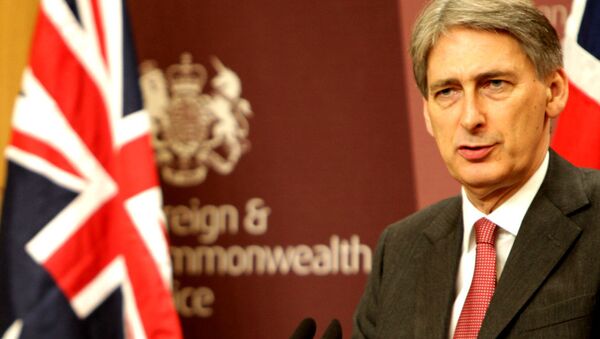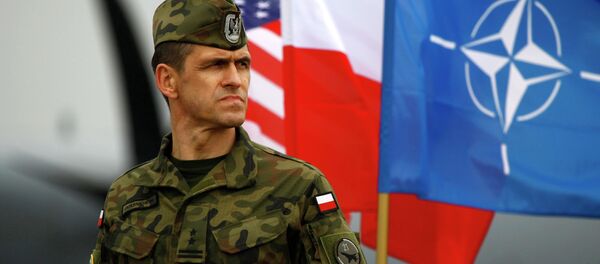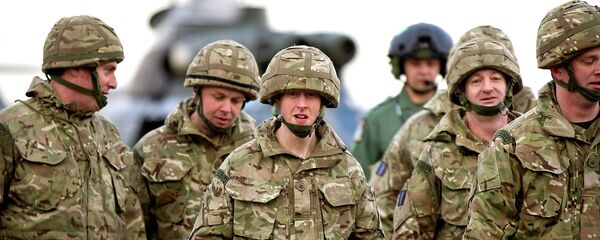Speaking at a press conference as part of a visit to Poland, Mr Hammond said it was important to maintain sanctions on Russia and warned any further perceived breaches would result in more embargoes.
"The European Union will remain united on the question of sanctions. Sanctions must remain in place until there is full compliance (with the Minsk agreement)," he said.
"We will prepare possible new sanctions, which could be imposed quickly if there is further Russian aggression or if the Minsk agreement is not complied with."
Both Kiev and eastern Ukrainian separatist groups have blamed each other for being in breach of the Minsk conditions since the last month's announcement of a new ceasefire deal that has called for the removal of heavy weapons from the frontline of conflict in the regions of Donetsk and Lugansk.
Positive talks w #Poland FM #Schetyna on #EUreform & competitiveness, security & Russia-backed aggression in #Ukraine pic.twitter.com/dadmVq5XIQ
— Philip Hammond (@PHammondMP) March 6, 2015
Mr Hammond also denied the UK had immediate plans to supply Kiev forces with weapons, but said it is "not ruling anything out for the future" as the conflict continues in eastern Ukraine.
This comes after the recent announcement that the UK will send around 75 military personnel to Ukraine to offer advice and training to Kiev forces.
On announcing the plans, Prime Minister David Cameron said British forces would not be engaging in active military operations, but would provide medical assistance, as well as logistical and intelligence advice.
Speaking at the same joint press conference, Polish foreign minister Grzegorz Schetyna echoed Hammond's comments on sanctions, saying new embargoes could be imposed on Russia, even if separatist forces engage in fighting in the Ukrainian city of Mariupol.
The EU and the US have accused Russia of sending military forces into Ukraine to fight alongside the eastern Ukrainian opposition groups.
However, Moscow has repeatedly denied these claims that they have been involved with conflict in Ukraine's east, instead blaming the West for meddling with Ukraine's internal affairs.
Since April 2014, approximately 6,000 people, including many civilians, have died as a result of the conflict in eastern Ukraine.




